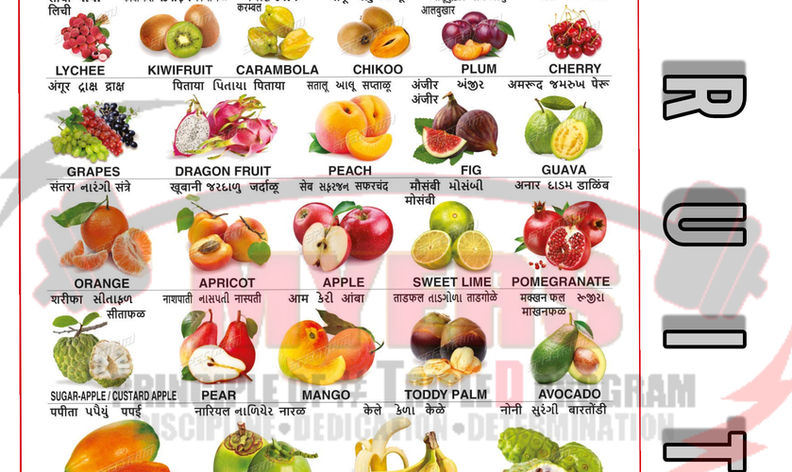BENEFITS OF PROTEIN

BENEFITS OF PROTEIN
Your body uses protein to build and repair tissues.
You also use protein to make enzymes, hormones,
and other body chemicals. Protein is an
important building block of bones, muscles,
cartilage, skin, and blood.
Here are some benefits of consuming protein
• Reduces Appetite and Hunger Levels. ...
• Increases Muscle Mass and Strength. ...
• Good for Your Bones. ...
• Reduces Cravings and Desire for Late-Night Snacking. ...
• Boosts Metabolism and Increases Fat Burning. ...
• Lowers Your Blood Pressure. ...
• Helps Maintain Weight Loss.
Why do we need protein
Every cell in the human body contains protein.
The basic structure of protein is a chain of amino acids.
You need protein in your diet to help your body repair
cells and make new ones. Protein is also important
for growth and development in children, teens, and pregnant women.
BENEFITS OF CARBOHYDRATES

BENEFITS OF CARBOHYDRATES
The four primary functions of carbohydrates in the body are to
provide energy, store energy, build macromolecules, and
spare protein and fat for other uses.
Carbohydrates are your body's main source of energy:
They help fuel your brain, kidneys, heart muscles,
and central nervous system. For instance,
fiber is a carbohydrate that aids in digestion,
helps you feel full, and keeps blood cholesterol
levels in check.
One of the primary functions of carbohydrates is to provide
your body with energy. Most of the carbohydrates in the
foods you eat are digested and broken down into glucose
before entering the bloodstream.
Are carbohydrates good for you?
Carbohydrates are a major source of fuel and nutrients for our bodies. They should be part of a healthy diet, even when the goal is to lose weight. When adding carbohydrates, pay attention to portion size; choose whole fruits and make it a whole grain!
What are the negative effects of carbohydrates?
Refined carbs may increase blood triglycerides, blood sugar levels and cause insulin resistance. All of these are major risk factors for heart disease and type 2 diabetes.
What happens if you don't eat enough carbohydrates?
Carbohydrates are degraded into sugar which, as a primary energy source, is required for the brain, muscles and other parts of the human body to function normally. When you don't get enough carbohydrates, the level of sugar in your blood may drop to below the normal range
Carbohydrates are your body's main source of energy: They help fuel your brain, kidneys, heart muscles, and central nervous system. For instance, fiber is a carbohydrate that aids in digestion, helps you feel full, and keeps blood cholesterol levels in check.
BENEFITS OF FAT

BENEFITS OF FATS
Dietary fats are essential to give your body energy and to
support cell growth. They also help protect your organs
and help keep your body warm. Fats help your body absorb some nutrients and produce important hormones, too.
Your body definitely needs fat.
Why fat is important to us
Fats are a source of energy in the human diet,
together with carbohydrates and proteins, the other
two main macronutrients.
A small amount of fat is an essential part of a healthy, balanced diet.
Fat is a source of essential fatty acids, which the body cannot make itself.
Fat helps the body absorb vitamin A, vitamin D and vitamin E.
These vitamins are fat-soluble, which means they can only be
absorbed with the help of fats.
What are fatty foods to avoid?
Saturated fat: Use sparingly
fatty cuts of beef, pork, and lamb. dark chicken meat and poultry skin. high fat dairy foods (whole milk, butter, cheese, sour cream, ice cream) tropical oils ( palm oil, cocoa butter).
BENEFITS OF FIBER

BENEFITS OF FIBER
There are 2 different types of fiber -- soluble and insoluble. Both are important for health, digestion, and preventing diseases. Soluble fiber attracts water and turns to gel during digestion.
How many fiber should you eat daily?
The American Heart Association Eating Plan suggests eating a variety of food fiber sources. Total dietary fiber intake should be 25 to 30 grams a day from food, not supplements. Currently, dietary fiber intakes among adults in the United States average about 15 grams a day. That's about half the recommended amount.
SOME OF THE HIGHEST FOOD IN FIBER.
Legumes, nuts and seeds Serving size Total fiber (grams)*
Split peas, boiled 1 cup 16.0
Lentils, boiled 1 cup 15.5
Black beans, boiled 1 cup 15.0
Baked beans, canned 1 cup 10.0
Does all food have fiber?
Good sources include barley, oatmeal, beans, nuts, and fruits such as apples, berries, citrus fruits, and pears. Many foods contain both soluble and insoluble fiber. In general, the more natural and unprocessed the food, the higher it is in fiber. There is no fiber in meat, dairy, or sugar.


























